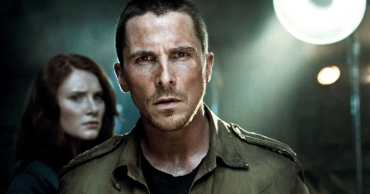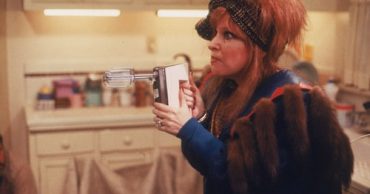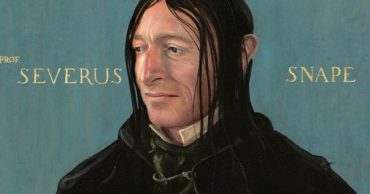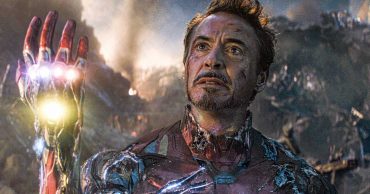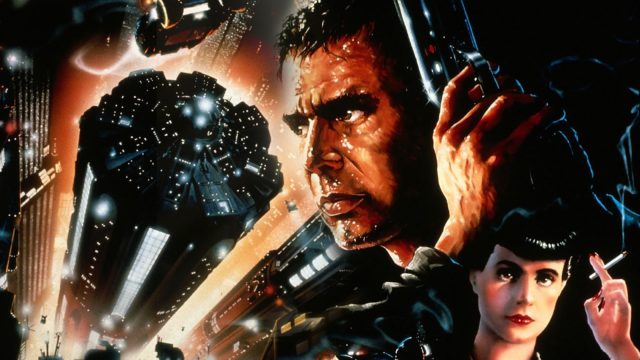
It might be easy to overlook these days — especially given the sheer amount of time since we last visited this particular franchise — but the upcoming R-rated blockbuster, Blade Runner 2049, is actually a sequel. Although the adaptation of Phillip K. Dick’s novel was never intended to be part of a greater series of events, its now-legendary place in the pop cultural pantheon means that cash-strapped studio executives couldn’t simply leave well enough alone.
It’s actually quite remarkable that the film enjoys the near-fanatical reputation that it has amassed over its thirty-five year lifespan. Due to its infamously botched theatrical cut, the movie bombed on release: both critically and commercially. It was released the exact same day of another R-rated sci-fi film that questioned the authenticity of those around us — The Thing — although to much less fanfare, and within a month of the much better received E.T.: The Extra-Terrestrial.

And to be fair, given how justifiably reviled the version of the movie released to theaters was, it’s no wonder it failed. The studio, uncertain about the quiet, thought-provoking film, inserted an utterly inane voice-over throughout the film, which was written and recorded entirely in post production against the wishes of Ridley Scott, the film’s director. In addition, they recut or removed a number of scenes and tacked on a saccharine ending: undercutting the entire preceding narrative.
Even when it was released on home media, the film couldn’t catch a break. Multiple different versions of the film circulated in various states of release for decades: confusing anybody who cared to watch it with exactly what version was best. Even the alleged director’s cut — notably made without Scott’s input — was ultimately nothing to write hoe about.
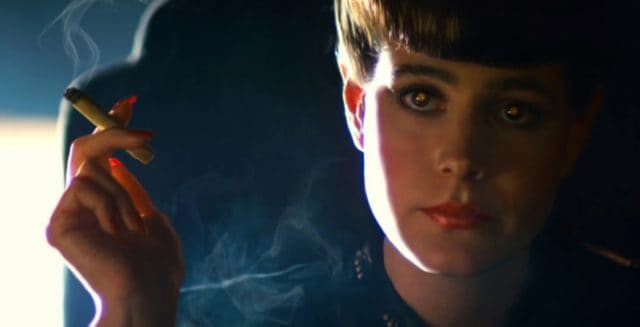
It has only been in the last decade that we’ve gotten the Final Cut: Ridley Scott’s true, intended director’s cut of the film. Restoring and re-editing the film to his intended vision — including the now-famous “unicorn scene” and the original ending — and chucking the voice-over in its entirety, it has proven to be the only version of the film worth seeing.
Although I have perplexingly seen multiple articles proclaiming that you don’t need to see the original film in order to watch and enjoy the new one, I have to wonder what exactly is the point of it. The original film introduces one of the best “hard boiled detectives” ever put to film — a role that Ford specifically chose to break away from family-friendly material like Star Wars and Indiana Jones — as well as a vast, complex and unutterably fascinating world. It also ends on one of the most beautifully ambiguous endings of all times, questioning whether Ford’s character is Human or a machine: a question that appears to be central to the plot of the upcoming film.
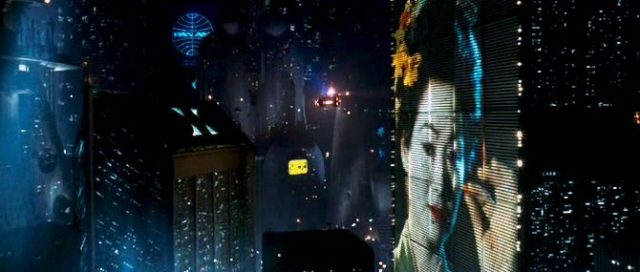
Even though it may very well prove enjoyable to even those new to the franchise, I can’t think of any reason why anybody should skip out on the original film (or, rather, the Final Cut of the original film). If nothing else, it is a stand-out entry into the science fiction genre that has only appreciating in the years since its release.
 Follow Us
Follow Us
